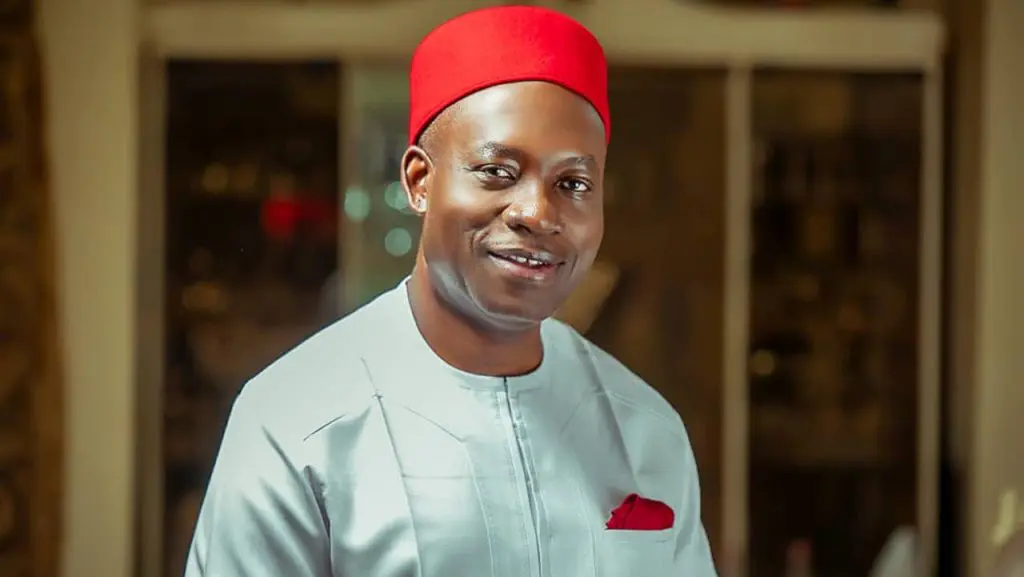Nigeria’s Economy was Dead, Tinubu Needs Time to Bring it Back to Track, Says Soludo

In a recent interview with Channels Television, the Governor of Anambra State, Charles Soludo, painted a dire picture of Nigeria’s economy, likening it to a “dead horse.”
The Professor of Economics and former Governor of the Central Bank of Nigeria emphasized that the country’s economic situation is far more complex than many people realize, and that President Bola Ahmed Tinubu needs time to repair the damage.
According to Governor Soludo, when he was the Governor of the Central Bank, he met an exchange rate of about 1.38 Naira to the dollar, which eventually improved to 1.20 and then 1.18. He also oversaw the growth of the country’s external reserves from
1billion to almost 63 billion, despite paying off $12 billion in external debt and navigating the global financial crisis of 2008-2009.
However, he noted that the current economic situation is far worse, with the monetary authorities having “literally printed money” by granting excessive ways and means advances to the federal government.
Governor Soludo explained that the 2007 Central Bank Act, which he helped draft, explicitly prohibits the Central Bank from lending recklessly to the federal government.
The law states that the Central Bank cannot grant more than 5% of the previous year’s actual revenue as ways and means advances to the federal government, and that any such advances must be retired by the end of the year in which they are granted.
However, he noted that this law has been consistently violated, with the Central Bank advancing trillions of Naira to the federal government without any backing.
The Governor emphasized that the current government inherited a “dead economy” from its predecessor, with a massive debt burden and a severely depleted foreign exchange reserve.
He likened the situation to a “dead horse” that is still standing, but only because it is being propped up by artificial means. He warned that the challenges facing the country are “humongous” and that Nigerians need to understand the gravity of the situation.
Despite the bleak outlook, Governor Soludo expressed optimism about the country’s future, saying that with collective support and intellectual input, Nigeria can overcome its current challenges.
He urged Nigerians to be patient and give President Tinubu’s government time to implement its economic policies, emphasizing that it is not a “tea party” but a complex and difficult task.
As the debate continues, one thing is clear: Nigeria’s economy is facing significant challenges, and it will require a collective effort from the government, the private sector, and civil society to get it back on track.
Whether Governor Soludo’s comparison of the economy to a “dead horse” is accurate or not, it is clear that the country needs a new economic strategy that takes into account the lessons of the past and the challenges of the present.







